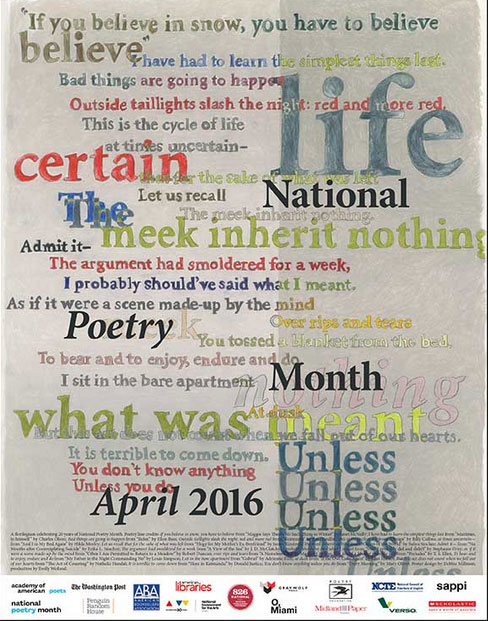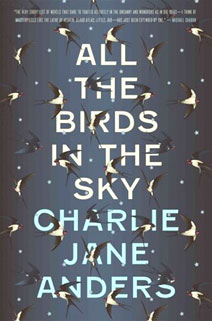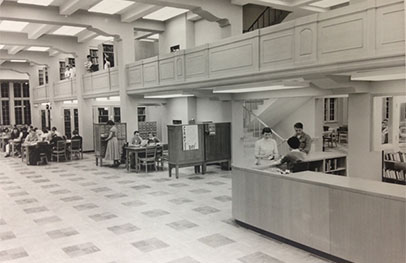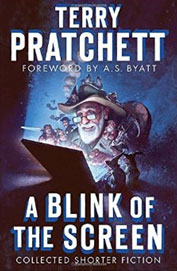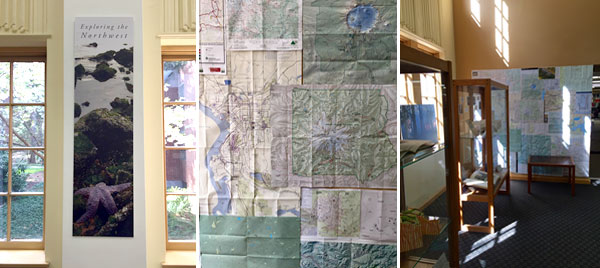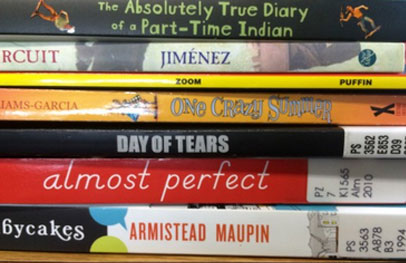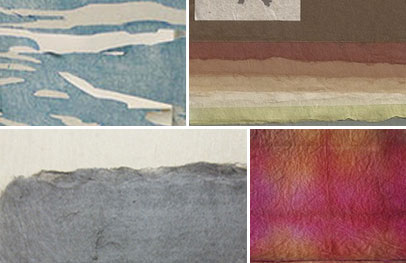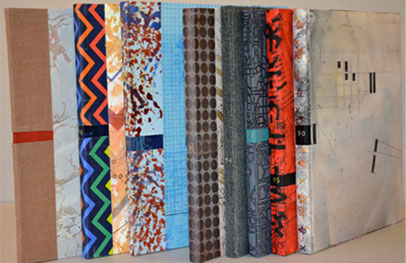 Lecture with Timothy Ely – April 15th, 2016
Lecture with Timothy Ely – April 15th, 2016
Collins Memorial Library, Room 020
6:30 – 7:30 pm
Collins Library, in association with the Puget Sound Book Artists, is pleased to sponsor a lecture by artist Tim Ely.
Tim Ely is a book artist whose work is engaging, inspiring and unique. He is the recipient of many awards and honors, including a National Endowment for the Arts grant that supported travel in Japan, Italy, and England to study bookbinding and paper making.. He has had numerous solo exhibitions and has participated in many group exhibitions.. His work is in many private and public collections, including the Library of Congress, the Brooklyn Museum, the Boston Athenaeum, the Getty Research Institute, the Victoria and Albert Museum, and the Lilly Library. Tim will discuss his career, approach to his work and the impact of books as a design format.
Puget Sound Book Artists
Two-Day Workshop with Timothy Ely – Sketchbooks: Plan and Action
April 16th and 17th, 2016
Puget Sound Book Artists is proud to offer a 2-day workshop with Timothy Ely on sketchbooks.
The sketchbook can serve as a planner, recording device, carrier of scrap, journal, and muse. Notations in a sketchbook are often the first step in connecting the imagination with the realization of an object or the grasping of an insight.
This two-day intensive investigates the uses and utility of the artist’s sketchbook, a conceptual tool with a long and venerable history. We will fabricate a “formal” codex book with rigid covers. Knowledge of this conceptually flexible book form will ultimately allow for a great deal of spontaneous play. These structures are fascinating hybrids, combining a traditional, sewn text block, with Ely’s development of the “drum leaf” binding for cover techniques. There are many variations possible, so adequate so time will be provided to explore. Surface design on covering materials, possible variants on format, and engagement with mark-making will form a foundation for exciting and durable archiving. Adhesives, their make-up, and use for a range of techniques, both utilitarian and decorative, will be covered. Group dynamics will also insert topics of surprise as participants bring issues and ideas to the game. In addition, because of the approach to the blank page is often fraught with trepidation we will examine some arcane aspects of drawing and rendering. These give large doses of complexity, energy and surface to the life of the sketchbook and will help dissolve the blocks to the creative path.
Workshop fee $310
Supplies list and materials fee not yet identified
Workshop will be held at 701 Opera Alley down the hall from Fibers’ Etc. in Tacoma
All skill levels are welcome, beginning to advanced. Beginners are welcome though they should have done some reading or otherwise engage in the process.
Timothy Ely has been a student and scholar of the sketchbook form since the late 1960’s. He received an MFA in Design from the University of Washington in 1975 and since that time has made over 500 unique manuscript books, sketchbooks & archives and has been active in teaching the art of the book. His books are in public, private, and secret collections planet wide. He lives in Colfax, Washington.
Images of Tim’s work available at: https://www.pinterest.com/search/pins/?q=timothy%20ely&rs=typed&0=timothy|typed&1=ely|typed

